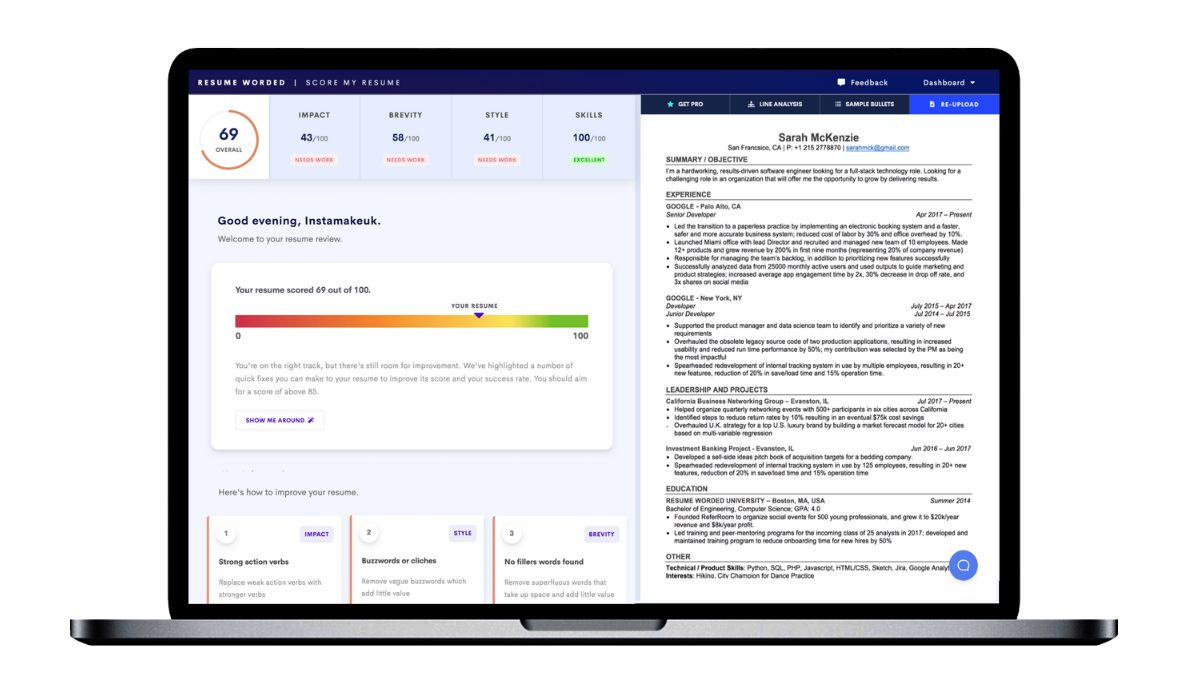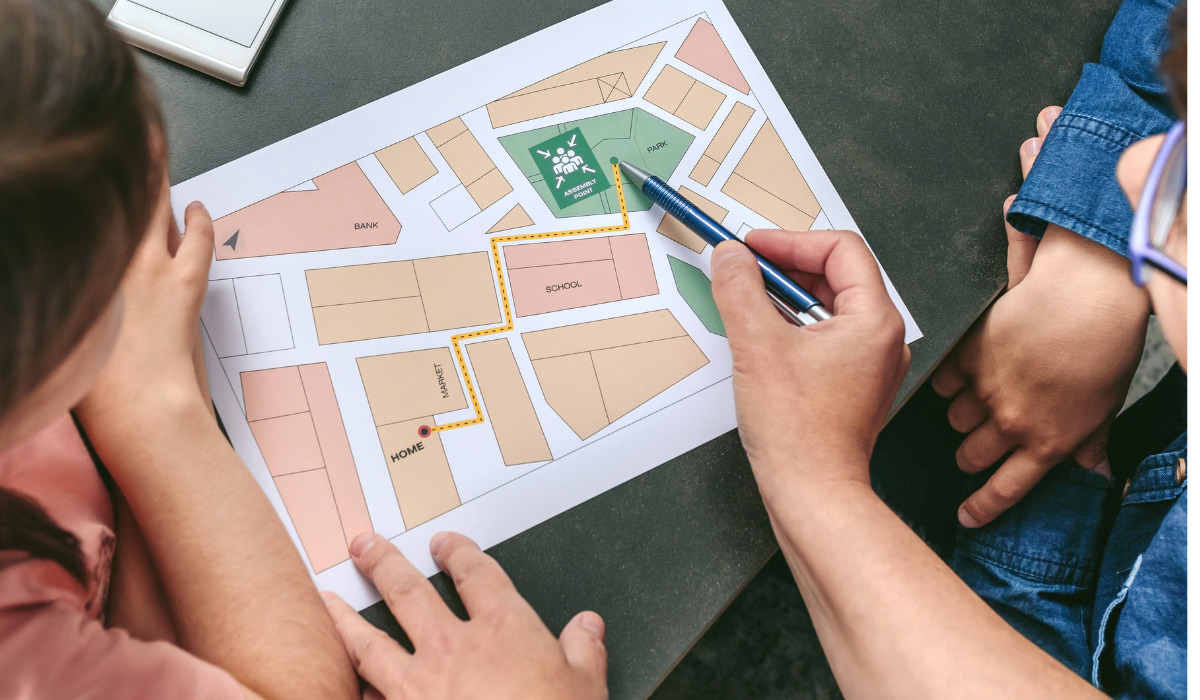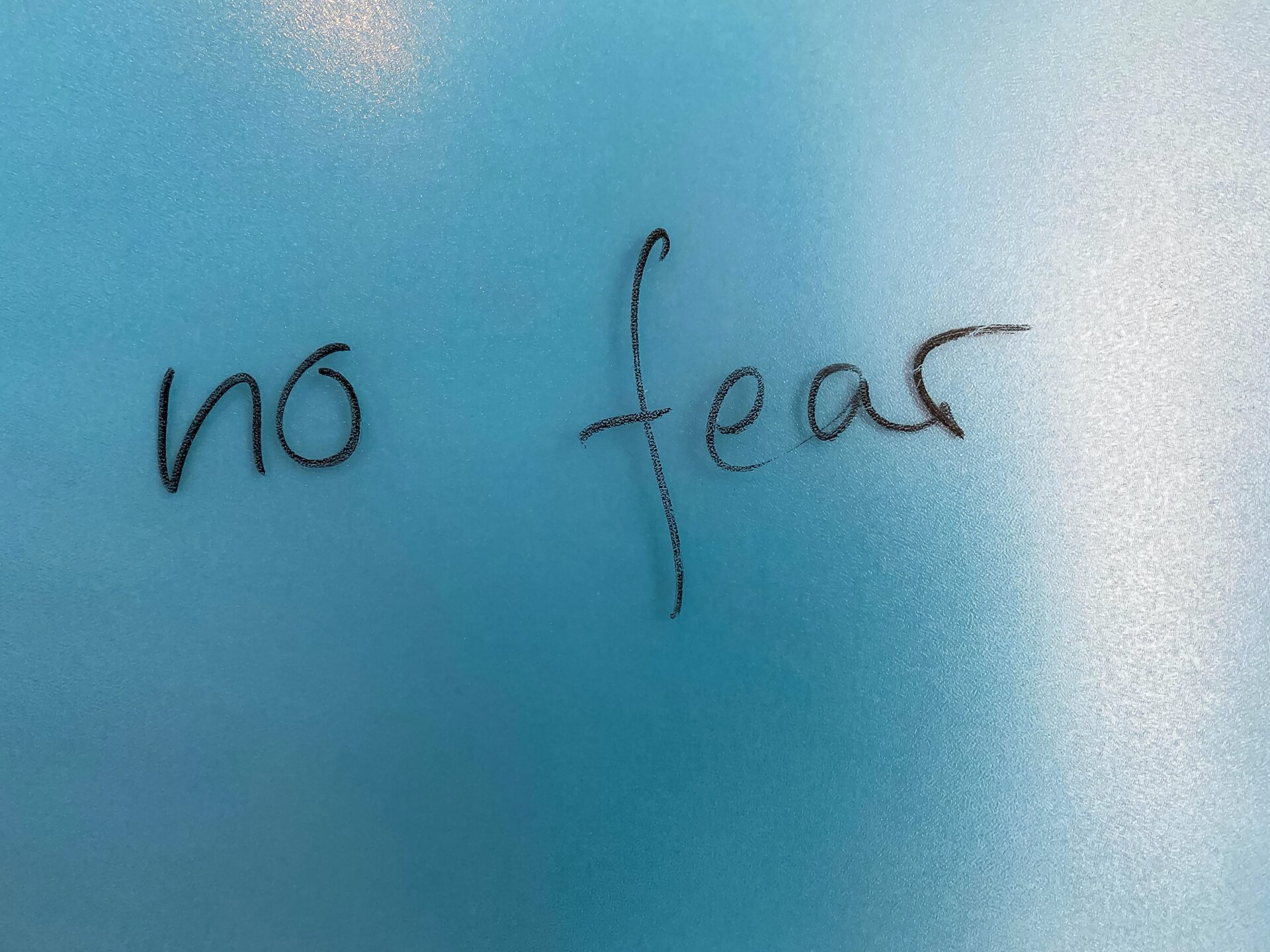Work and social anxiety are terms that should not be seen together in a sentence, but you might see those words together somehow – that’s the bitter reality. If you want to pursue a career and achieve success, you need to establish meaningful connections with people who can help propel you to the top. What if you flinch easily when interacting with other people?
You may have social anxiety if you have a profound fear of being weighed or judged negatively by others. It is not about being shy, anti-social, or aloof. You may develop feelings of shame, inferiority, and incompetence.
If you have unfavorable experience socializing with people and still aiming for success in your chosen career path, you need to learn how to work through social anxiety. Otherwise, you will never be able to even take a few steps forward.
8 Things You Can Do to Work through Social Anxiety
Working through social anxiety may be challenging, but it is possible. Here are the 8 things you can do to help yourself work through social anxiety and attain success.
1. Follow a Lifestyle that Keeps Social Anxiety at Bay
Following a lifestyle that can keep social anxiety under control is not the only thing you need to do to learn how to work through social anxiety – it is just the first step. Changing your lifestyle into an anti-anxiety one can contribute a lot to overcome social anxiety. Take the following tips into consideration when changing your lifestyle:
Find ways to get your body moving: If you are not fond of exercising, it’s about time to begin doing it. You may start with a 15-minute walk/exercise each day, to increase your life expectancy by 3 years, until you work your way up to 30 minutes of physical activity each day if your schedule permits. You can jog or walk to move your body, and you don’t need to go to the gym just to get your body moving.
Drink alcohol in moderation: Alcohol can bring benefits to your body, but not if you drink excessively. Alcohol may calm your nerves in a social gathering, but it also increases the possibility of an anxiety attack if you drink too much.
Consume more omega-3 fatty acids: The omega-3 fatty acids can help enhance your ability to deal with anxiety, outlook, and mood. The best sources of omega-3 fatty acids include walnuts, flaxseeds, seaweed, sardines, mackerel, salmon, and other fatty fish.
Refrain from smoking: Many people believe that smoking a cigarette can lower the level of anxiety, which is not true. Keep in mind that nicotine is a stimulant, and it is one of the most powerful stimulants around. You need to kick the habit before it creates bigger problems.
Rest when you are tired and make sure to get 7 to 8 hours of sleep: If you don’t get enough sleep, you become more vulnerable to anxiety. When you are well-rested, you will be able to stay calm when talking or interacting with people.
Limit your caffeine intake or eliminate it: Energy drinks, soda, tea, and coffee contain caffeine that increases the symptoms of anxiety. If you can’t wake up fully without taking coffee, try to limit your caffeine intake in the morning.
2. Calm Yourself by Controlling Your Breathing
When you become anxious, lots of changes take place in your body. You may start hyperventilating when you start breathing quickly when anxiety attacks. Physical symptoms of anxiety include muscle tension, suffocation, increased heart rate, and dizziness.
Learning to control your breathing can help you keep the symptoms of anxiety at bay. You may practice this breathing exercise to stay calm.
Look for a quiet place where you can sit comfortably.
Straighten your back as you sit and make sure that your shoulders are relaxed.
You may place one hand on your stomach and the other one on your chest, and you may close your eyes so you can just focus on the present moment without distractions.
For 4 seconds, slowly take a deep breath through your nose while sensing the slight rising of your hand on your stomach, and the one on your chest moving for a bit.
For 2 seconds, hold your breath.
For 6 seconds, slowly exhale through your mouth and try to push out as much air as you can.
Continue doing the exercise following the slow breathing pattern of 4-2-6 as stated above until you feel that you are calm.
3. Learn to Deal with Your Fears and have the Courage to Face them
Someone with social anxiety usually avoids social scenes and is usually good at hiding his/her presence in the crowd. Instead of avoiding the crowd or social gatherings, you need to brace yourself and try to mingle with people. If you keep avoiding people, you will only prolong the life of your anxiety to the point where it may choose to remain with you forever and never go away.
Avoiding people may make you feel better but only for a moment. Your fear of interacting with people prevents you from becoming accustomed to talking with different people. The more you avoid social situations, the stronger your fear becomes.
However, it is also foolish to face your biggest fear right away. You need to take it a step at a time to avoid any move that may backfire and worsen your anxiety. You need to practice breathing exercises to calm your nerves and be patient while waiting because overcoming your fear takes time to accomplish.
You may start by smiling and greeting your co-workers. You may join in the work-related conversation during breaks. You may begin eating lunch with them and attending company-sponsored gatherings.
4. Try Your Best to Interact More with People
Working through social anxiety can be daunting and challenging. You can actively participate in charitable events, gathering for a cause, and other social meetings to overcome your social anxiety. You may consider the following suggestions:
Try to enhance your communication skills and make others understand you better: You need to learn about emotional intelligence so it would be easier for you to learn how to establish proper communication without feeling awkward. You also need to have mental clarity. You can read books on how to improve your communication skills or watch a tutorial about it. You may also ask for some help from your family and close relatives.
Do some volunteer works that involve the things that you enjoy doing: If you love reading books and your community happens to hold a book appreciation day to motivate children to read, you can volunteer as one of the helpers. If you are not yet ready to talk to a full-grown adult, you may start talking to children first and see how you will fare. Even though they may seem like they are not listening, you still need to do your best when giving them the right information.
Attend a seminar on how to be assertive or take a course or class on social skills: If you think that you did everything but are still not satisfied with the results, you may attend a training or seminar on assertiveness. You may also want to consider taking a class on social skills. You also need to think positively and stop thinking poorly of yourself.
5. Stop Thinking About Your Appearance and Start Focusing on Others
How many times have you found yourself feeling anxious or nervous when you are in a social gathering, event, or meeting? It is not a good thing if you always feel that way, especially when you always think that everyone is looking at you and judging you from the way you look to the way you move and speak. You may think that paying close attention to the way you think and feel can give you a better chance of controlling your anxiety.
However, excessive self-focus can only make you more nervous because you are becoming more aware of the different sensations. You may notice that you find it hard to remain focused on the ongoing conversation as you try to adjust what you feel and control your anxiety. All you can think about is how to leave a good impression on people by paying too much attention to your looks, prim and proper demeanor, poise, and everything superficial.
In the end, you failed to listen to the ongoing conversation and contribute something to the discussion. Instead of winning the admiration of the crowd, you may only invite ire. Instead of focusing on yourself, turn your attention to the people around you, and the things that are currently taking place.
The more you divert your focus away from yourself, the more you feel at ease and relaxed. When you are in a social gathering, you can strike up a simple conversation with someone. Avoid topics like politics, religion, and similar subjects that may only invite debate and heated arguments.
You may only feel frustrated when you always think about people’s opinions about you, especially if you tend to think negatively. You may try doing the following:
-Be attentive and real, which are two of the qualities that people appreciate.
– Make a genuine connection with people in the social gathering by showing interest to those you talk with and avoid thinking about how they see you.
– Don’t be afraid to show that you are somewhat nervous when talking to them because there is a possibility that some or many of them are also nervous.
– Listen to what is being said to you by the people around you and shun the negative thoughts for good.
– Focus on the current conversation and happenings and forget about the past or future.
If you want to establish a nice conversation, don’t dwell too much on things that you have already said or think about the things that you will say. Let the conversation flow naturally and just be careful with your choice of words. If you are having a conversation with a woman of color, avoid using words or touching the subject that she might find offensive.
6. Don’t Shun Your Negative Thoughts Away, But Challenge Them
Getting the negative thoughts at the back of your mind may not always be the most viable solution. Sooner or later, you will still need to deal with those negative thoughts as they find their way to the surface once again. You may exercise a graceful retreat first, but you also need to challenge your mind to gain victory over social anxiety.
Sufferers of social anxiety have beliefs and thoughts that prevent them from accepting themselves for what they are and suspect other people of having the same views. Some of the negative thoughts may be:
– “I rather not say anything so people will not criticize my idea.”
– “I will only end up as a laughing stock when I attend that reunion because they will recall the stupid things I did back then.”
– “I am sure I will start panicking the moment someone asks me about something, and I won’t be of any help.”
– “I rather work alone so the mistakes will solely be mine and no one in the team will blame me for dragging them down.”
Instead of denying or ignoring these negative thoughts, you need to face them to reduce the symptoms of social anxiety. You need to do the following steps:
– Try to recognize the negative thoughts that automatically pop up whenever you expect to find yourself in a social situation.
For example, your boss has assigned you to be in charge of the decorations in the upcoming 10th-anniversary dinner party of the company you work with. Your negative thoughts could be, “I will never be able to pull this off. Everyone will surely hate the decorations and see me as someone unfit for the job.”
You still don’t know for sure what will happen, and your negative thoughts are already preventing you from thinking creatively.
The negative thoughts hinder you from trying your best because you are already criticizing yourself before you can even begin. The worst part is that you are not even certain if people will think badly of you.
– Scrutinize, evaluate, and confront negative thoughts.
When you recognize the negative thoughts that popped up, you need to counter them with questions and ask yourself, “I have seen the different decorations on different magazines and even visited some design websites, shouldn’t I be confident enough to say that I can do it?” You may also ask, “Will people really think that the decorations are crappy?”
Logically evaluating the negative thoughts can help you replace the off-putting thoughts with positive and realistic views regarding the situation you’re in. You are challenging the social situation that made you anxious and lessens the negative impact, which can affect you so much.
Once you have identified the negative thoughts that are holding you down, ask questions that counter such thoughts. You will be able to understand the reasons behind your anxieties and apply the necessary countermeasure to lessen the unfavorable impact on you.
7. Avoid Doing Things that can Only Worsen Your Social Anxiety
You should not only learn how to work through social anxiety but also know the things that you need to avoid doing to stop your social anxiety from getting worse. The following are some of the bad habits that you need to change or leave behind:
– Constantly looking at your phone to check something.
– Consuming a low-carb diet that inhibits the production of serotonin in the brain, which can help boost your mood and ease your anxiety.
– Always getting angry over a petty reason.
– Drinking only 1 or 2 glasses of water each day may lead to dehydration, which can affect your mental and physical health.
– Skipping meals that can lead to insufficient sugar in your blood can affect your mood and energy.
– Spending all day inside your home may only make the symptoms of anxiety worse than before.
– Taking illegal substances and abusing them.
Avoid these things and other similar habits at all costs if you want to keep social anxiety in check. Remember that you need to do certain things and avoid bad habits to create a better version of yourself.
8. Don’t Hesitate to visit Your Doctor and Ask for Help
If you think that you already have a social anxiety disorder (SAD) or are still not satisfied with the result of your effort, don’t hesitate to consult your doctor. Your doctor may even recommend a specialist that can help you deal with your condition.
You may undergo a series of therapy or go on medication. Your doctor will discuss and suggest the most effective way of addressing your mental health.
Working through social anxiety may seem hard at first, but you will still be able to see a pot of gold at the end of the rainbow.

















